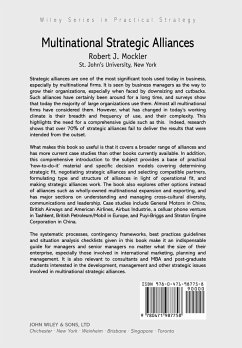
Changing Industrial Relations in Europe
Versandkostenfrei!
Versandfertig in über 4 Wochen
71,99 €
inkl. MwSt.

PAYBACK Punkte
36 °P sammeln!
Changing Industrial Relations in Europe is the second edition of the influential and widely used textbook, Industrial Relations in the New Europe. As with the earlier edition, the book will be a definitive text and reference for all students in industrial relations and human resource management looking at international issues.












